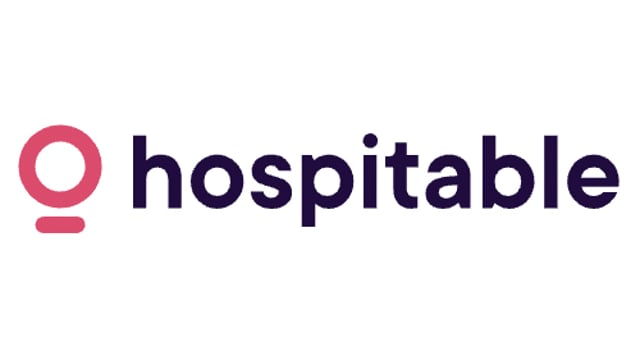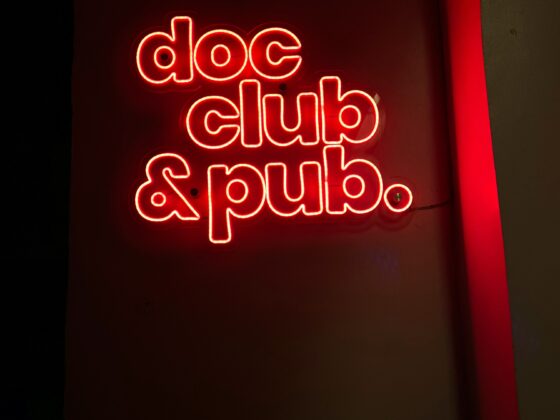
With hospitality and tourism brands now able to choose from over 200 sustainability certifications worldwide, selecting the right ones can be a daunting task. For hoteliers, the challenge is not just in selecting the right certifications but in proving to guests and stakeholders that their efforts are impactful and credible. Hospitality leaders understand that green and ethical labels have shifted from nice-to-haves, to increasingly essential for regulatory compliance, climate risk mitigation, and to attract the growing demographic of sustainability-minded consumers, making the right choices crucial.
Identifying, comparing, and selecting the most suitable sustainability certifications can overwhelm even the most forward-thinking hotel leaders, especially when determining which offers the best value for their brand. Thankfully, advancements in technology provide a lifeline, helping decision-makers navigate this green maze with precision.
Data and Technology are Key
Sustainability certifications are fundamentally data driven. Each certification has distinct standards, requirements, and costs, as their ratings are based on diverse criteria, such as carbon emissions, energy consumption, water usage, waste management, pollution, biodiversity conservation and human rights. Collecting and managing the vast and varied data required to achieve these certifications can feel burdensome without the appropriate tools.
Technology is key in simplifying sustainability efforts by automating the collection and management of data, providing the clarity businesses need.
In this context, progressive hotel brands are facilitating partnerships between their sustainability and IT departments. Chief Technology Officers (CTOs), general managers and their teams are becoming integral to the collation and analysis of the multifaceted data required not just to choose and acquire the right certifications, but also to support broader sustainability reporting efforts.
Due to the European Union’s Green Claims Directive (GCD) and Corporate Sustainability Reporting Directive (CSRD), sustainability reporting now has the same status as financial reporting. To align with these enhanced regulatory standards, hospitality companies operating in and out of the bloc need to pursue certifications that not only prioritize data transparency but are also independently verified.
Be Selective
Even with technological support to help converge multiple datasets, the sheer range of sustainability certifications often leads hotels to pursue multiple certifications to cover various aspects of their operations. However, this approach may not always be the most strategic.
The way forward is to pursue the certifications most aligned with business objectives. Rather than starting with a long list of certifications and working backward, hoteliers would do better to flip their approach. Start by focusing on their own overarching goals, profiling their primary audiences and pinpointing their key priorities. For example, investors might give precedence to financial returns and transparent reporting, while corporations might stipulate that employees can only choose hotel chains for business travel that meet approved science-based targets for greenhouse gas emissions. Ultimately, it’s a question of pursuing certifications that align with strategic goals and audience needs to achieve more impactful outcomes.
In reality, not all certifications are suitable for every hotel. Certain ones, including LEED (Leadership in Energy and Environmental Design) and BREEAM (Building Research Establishment Environmental Assessment Methodology), are focused on a building’s environmental performance, in terms of the materials used in its construction or the energy efficiency of its design. Others, like Green Globe, address hospitality and tourism sector-specific operational practices, including community impact, guest education and supply chain management.
Standardization or Local Specificity: Striking the Right Balance
Digitalization enables the standardization of hospitality brands’ sustainability data management. By applying the same certifications across all their properties, chains can build consumer trust from a brand recognition perspective. After all, a guest staying at a Green Key-certified hotel in one country knows just what to expect when booking into another property with the same certification elsewhere. Such standardization also improves efficiency. Once teams know the data that must be compiled for a specific certification, they can share best practices and simplify the process – reducing associated administration and costs.
The alternative to sustainability certification standardization across brands or chains is that each location chooses its own, based on its customer base and unique geographic and cultural context. For example, a desert property could focus on water scarcity as its primary sustainability issue and seek certification on that basis. Ultimately, the strategic business choice comes down to balancing the need for brand uniformity with local specificity in terms of boosting revenue and strengthening brand trust.
Future Proofing
The latest technological innovations can take standardization to the next level. For instance, an AI-driven platform, like the one offered by BeCause, automatically maps properties to several certification standards, overlapping data requests and streamlining the entire process. By working as an end-to-end data sustainability management system, it receives, audits, processes, approves and stores certification applications in a centralized database. Plus, it tracks certification criteria as they evolve, to ensure properties are alerted to any upcoming changes and can take the appropriate action, thereby future proofing certification compliance, reducing workloads and cutting costs.
With all this data in one centralized hub, companies can create meaningful benchmarks, offering useful insights into how properties measure up to industry standards over time. Going forward, this makes it easier for hospitality brands to identify strengths and challenge hotspots to enable more informed decision-making.
An Opportunity to Lead
Amid a maze of sustainability certifications, hotels and tourism operators need to make the best choices for their businesses. Technology is key to bridging the gap between operational objectives and sustainability commitments. As the world embraces the green transition, hotel general managers, CTOs and sustainability managers can now position themselves as critical drivers of success in this priority area. By investing in the right sustainability data management tools and technologies, they can not only guide their companies safely through this intricate landscape but also set the standard for a more sustainable hospitality sector.








